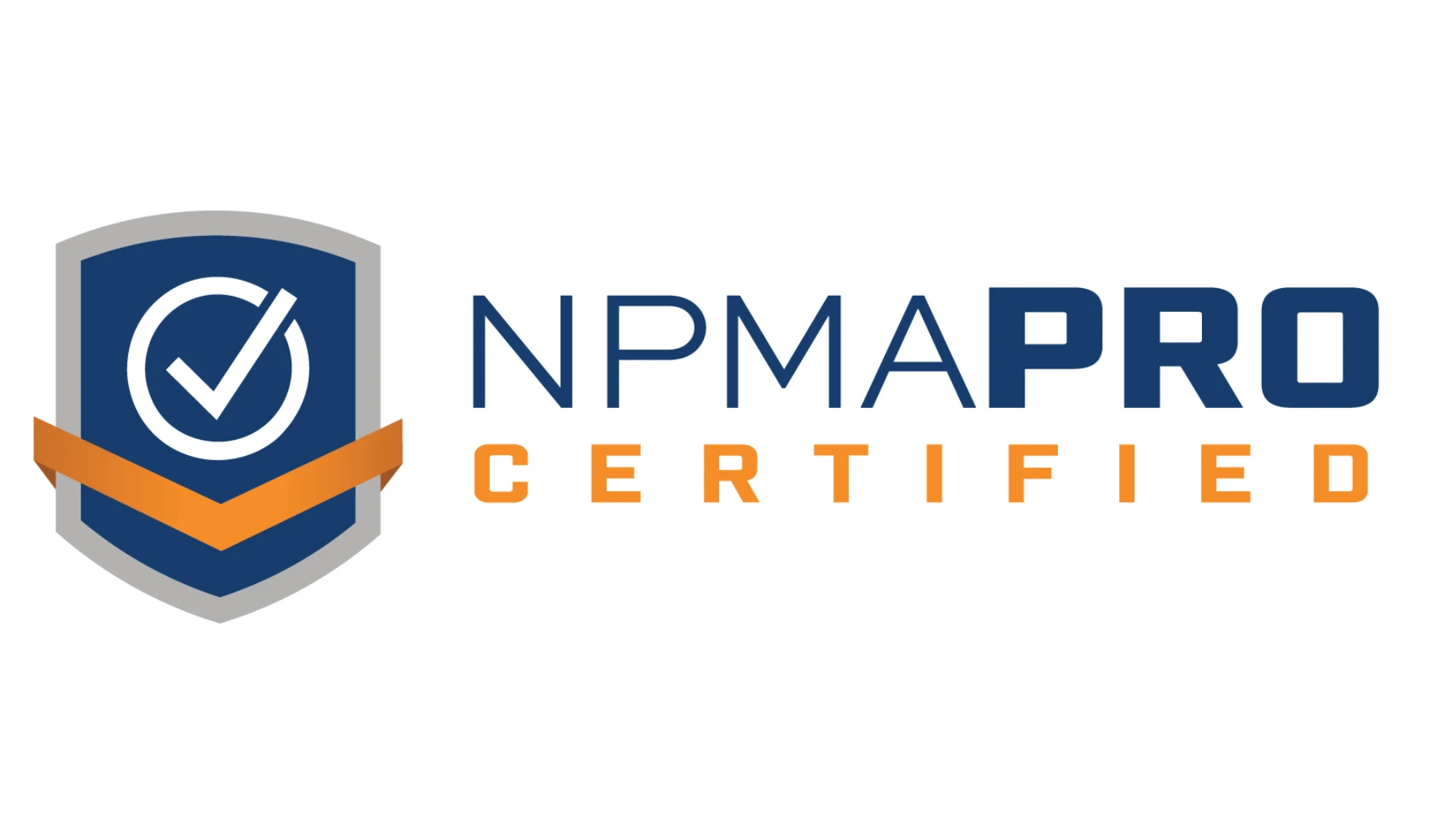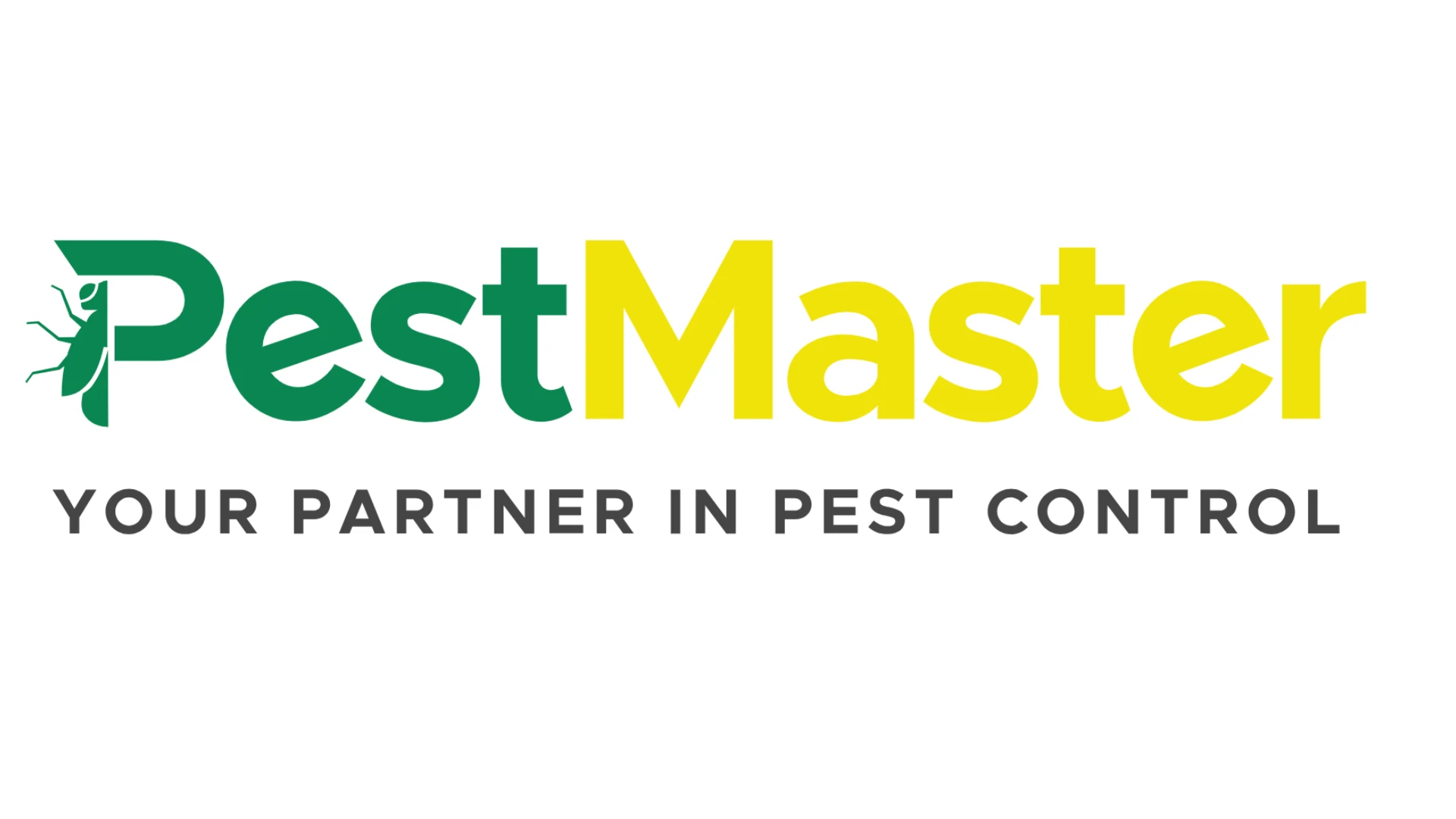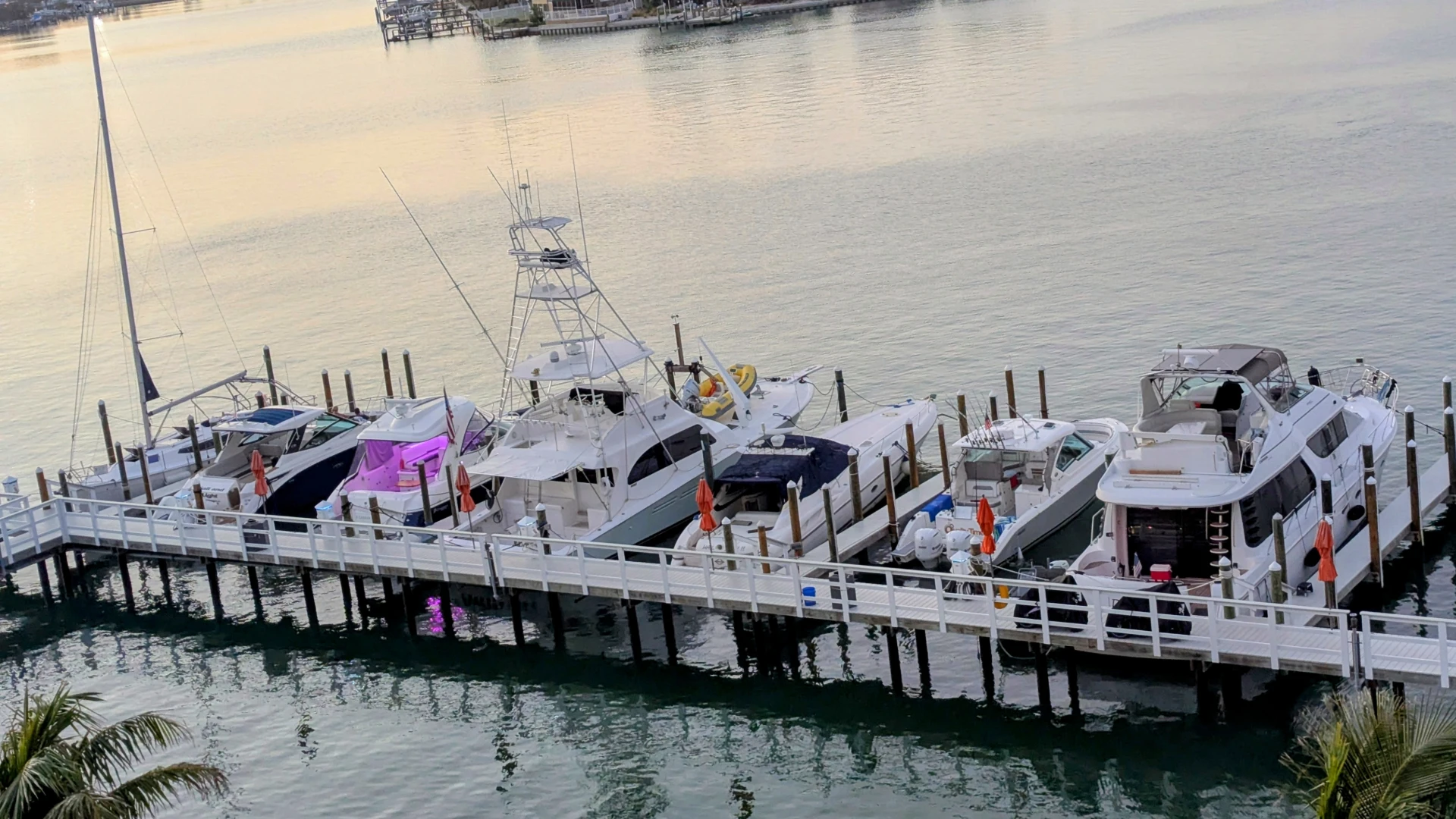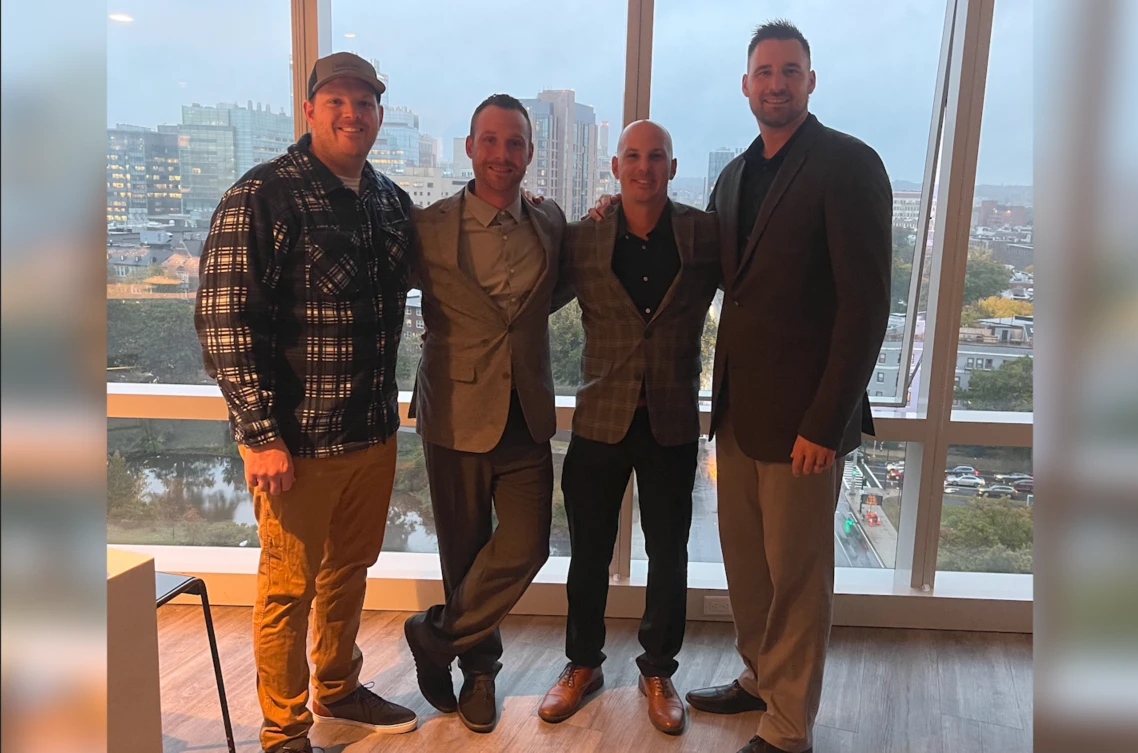Kevin Kirkland understands that there are lessons to be learned in life, some more difficult than others. One of those lessons is that tomorrow isn’t guaranteed to anyone, so you better live life aggressively, a philosophy Kirkland has incorporated into his leadership style at Nisus Corporation, where he has served as president since 1999.
Born in Tecumseh, Mich., Kirkland learned early the value of hard work. His father worked long hours on the family farm and punched a clock at a local factory. His mother was a housewife who also ran her own beauty salon. Kirkland and his two older siblings weren’t exempt from the family’s tireless work ethic. When not in school they sold fruits and vegetables at a roadside stand in front of their home. "I remember being five years old and counting out change to customers," Kirkland said. "At the time it wasn’t very fun, but it taught me important customer service skills and the value of hard work."
The experience also helped Kirkland mature much faster than his peers, a process that was further accelerated with the untimely passing of his mother, who died of cancer in 1972. "My mother’s death forced me to grow up fast," he said. "I was only 17 at the time."
Four years later, while attending Michigan State University, Kirkland suffered another blow when his father lost his battle with cancer. "It was another painful reminder that life is short," he said.
Suddenly, Kirkland found himself on his own without a firm family foundation. In response, he quit school, selling floor covering during the day to support himself and reflecting on his misfortune at night. "It was among the hardest times in my life, but I got through it," he said.
After taking several years off to "find himself," Kirkland returned to college in 1979, earning a degree in business administration from Siena Heights College in Adrian, Mich. After graduation, Kirkland joined Simplicity Manufacturing, a power equipment manufacturer based in Port Washington, Wis., eventually rising to the position of Southeast area manager. Flush with success, Kirkland got married and accepted a sales management position at Canberra Corporation, a leading manufacturer of commercial and industrial cleaning products. With a new job, a new wife and a new child on the way, Kirkland was on the fast track to success. Life couldn’t have been better.
However, his world was turned upside down yet again when his infant child unexpectedly passed away shortly after birth, eventually costing Kirkland his marriage and prompting him to step back and reevaluate his life a third time in little more than a decade. Hardened by the loss of so many loved ones, Kirkland pulled himself up by the bootstraps, accepting a position as vice-president of sales and marketing for Midlab Inc., a manufacturer of industrial and janitorial cleaning chemicals in Sweetwater, Tenn. "That’s where I learned the manufacturing side of the business," he said. "That’s also where I first came into contact with Nisus." A longtime customer, Midlab manufactured a number of products for the Rockville, Tennessee-based firm.
Impressed with Kirkland’s work ethic, Nisus owner Bud Dietrich asked him if he would be interested in serving as president of the company. Surprised, but flattered by the offer, Kirkland accepted the job two weeks later. "It was the best decision I ever made," he said.
Under Kirkland’s aggressive leadership, Nisus Corporation has experienced a rebirth, much like its youthful president. Today, Kirkland is remarried, born-again, and the father of a healthy, one-year-old son. His wife, Carolyn – "the best thing that ever happened to me" – was a longtime friend who had worked for a sister company of Midlab. Together, they are raising their son, Austin – "the love of my life" – and living by the Christian belief that everything happens for a reason. Even the really hard stuff.
PCT: What prompted you to join Nisus Corporation in 1999?
Kirkland: I decided to join Nisus because I thought it was a company with a bright future. It had a well-positioned, patented product line. It was an industry I knew something about from my previous experience in the chemical business. And it was an industry that needed the products and programs Nisus had to offer. Even more significant, I felt like the company hadn’t yet scratched the surface of its potential. They weren’t even on the radar screen as far as the industry was concerned, but they had the beginnings of being a great company. They had Bora-Care® and seven dedicated employees. What they were missing was the direction necessary to take Bora-Care and their other products to market in an aggressive way. If given direction, I thought the company could grow dramatically.
PCT: Upon coming on board, what were the key elements of your growth strategy?
Kirkland: At the time we had one primary competitor in the borate market, U.S. Borax, which manufactured Tim-Bor.® But the pest control market wasn’t big enough for two borate suppliers. So the first thing we needed to do to grow our market share was create our own Tim-Bor product or buy Tim-Bor from U.S. Borax. Four weeks after I joined the company I had U.S. Borax on the phone talking to them about why they should sell us the product, and by the NPMA Convention in Atlanta it was a done deal.
PCT: What prompted you to make such a bold move?
Kirkland: It simply made good business sense. Why wouldn’t you want to eliminate a competitor and grow your market share if you had an opportunity to do so? In addition, I wanted to send a signal that we were serious about the pest control market. I thought such a move would make a strong statement about our intentions for the industry. It would set the tone for the company heading into the future.
PCT: How was the decision viewed internally by your staff and by the Nisus Board of Directors?
Kirkland: They weren’t so sure it was the right decision, but they recognized the value of buying a product like Tim-Bor. It was one of the most recognized brands in the industry at the time. All in all, when they looked at the dollars and cents of the transaction, they realized it made more sense to purchase an existing brand rather than create our own Tim-Bor brand in house. Early on, they were a little skeptical of my aggressiveness, but within six to nine months they became more comfortable with my decisions.
PCT: In retrospect, was there anything else that helped you turn the company around?
Kirkland: Yes, in January of 2000 we brought all of our manufacturing in house. At the time, everything but Bora-Care was manufactured someplace else, but because I had experience in the manufacturing field I thought we could produce better products at a lower cost by bringing our manufacturing operations inside. I also felt our quality control and packaging would be stronger. We spent a tremendous amount of time, effort and money setting up our new manufacturing operations, but bringing manufacturing in house was one of the smartest decisions we ever made. It had an immediate positive impact on the business, not only from a bottom line perspective but from a productivity perspective, and it continues to offer long-term benefits to this day.
PCT: With all the changes that have occurred at Nisus in recent years, how do you think the company is perceived by the industry?
Kirkland: It depends on who you talk to. Those companies that have used our products and interacted with our staff have a high opinion of our business. Those who have not aren’t likely to have much of an opinion at all. The challenge we face has more to do with awareness rather than perception. We’ve been very aggressive in trying to get pest control companies to try our products and give us a chance to earn their business. I’ve told our sales and technical staff that our goal is to help pest control companies grow. The people we’ve helped make money and grow their business have a great opinion of us. However, to be quite honest, we would like to dramatically grow the base of people who fall into that category.
PCT: Do you have any concrete examples of how Nisus has helped companies grow their business?
Kirkland: Yes. There were many companies that were out of the termite pre-treat business altogether until we began promoting Bora-Care as a pre-treat option. Now, a number of those companies are back in the business for the first time in a long time.
PCT: How did you get the industry to recognize that a product technology (borates) that had been around for more than a century – and quite frankly some viewed as past its prime – had value as a pre-treat product?
Kirkland: It all came down to education and convincing some of the major players in the marketplace to give our treatment protocols a try. We had the data to support the program, but we needed some success stories in the field to convince others to give us a try. We also began courting homebuilders by exhibiting at their trade shows and calling on some of the largest builders in the country to educate them about the benefits of using Bora-Care as a pre-treat product. We sold the efficacy and convenience of borates very hard, and after a slow start the strategy seems to be working.
PCT: That’s a significant accomplishment, but how do you plan to get the industry to begin thinking of Nisus as more than just a borate company?
Kirkland: I think the key for us is to become agents of change for the industry. We’re already starting to get PCOs to look at the pre-treat market differently, but we’re not going to stop there. People have a tendency to want to pigeonhole us as a borate supplier but that’s not who we are. We’re a pesticide manufacturer with aggressive plans for the industry. Right now, our key active ingredient happens to be borates, but that doesn’t mean that will always be the case. Our present may be borates, but our future isn’t necessarily going to be borates, although they will always be a significant part of our business.
PCT: Speaking of the company’s future, we understand you’ll be introducing a mold product shortly. What can you tell us about it?
Kirkland: The product is called Mold-Care.TM It’s a specialty product that is a specific organic fungicide designed to prevent mold from occurring on cellulose materials. PCOs will use it in conjunction with Bora-Care. Mold-Care is good against mold. Bora-Care is good against mold. When you combine the two products, however, there’s a synergy that occurs that is second to none. If the industry embraces it, we’ll be successful in creating a new category of business for the pest control industry.
PCT: How did you first become interested in the mold business?
Kirkland: Two or three years ago we started getting a lot of calls from builders and pest control operators about cellulose material (trusses, wood, etc.) covered with mold. It was the beginning of the mold crisis in the United States. The reason they contacted us is because borates by themselves are pretty darn good in preventing mold as long as con-ducive conditions (i.e., moisture) are eliminated. At the time we didn’t know much about the mold business, but we decided to explore it further. And the more we learned, the more interested we became in the business. Eventually we hired Dr. Jeff Lloyd, a leading mold expert, and thanks to Jeff’s efforts we developed the Mold-Care product.
PCT: How do you plan to bring the product to market?
Kirkland: Initially we’re going to introduce it to the home construction market through a few select PCOs. Many builders are looking at "specing" Mold- Care for new homes as a way to limit their liability. Did you know there is six tons of water in a new home and it takes at least six months to dry out? But if the home is treated with our Mold-Care with Bora-Care product while it is being built you can prevent mold from developing during that drying out period. So there’s a market opportunity for our industry in the home construction business.
PCT: What are your plans for the pest control market?
Kirkland: Once we learn from our experience in the home construction business, we’ll take the product further into the pest control market some time next year. We know there’s a huge remedial mold control market out there waiting for pest management professionals to access. Will the pest control industry ever accept responsibility for treating a home for mold on a remedial basis? We don’t know, but we’re going to find out. To me the best group of people to handle mold and mold contamination in a home are pest control operators because they’re already familiar with the conducive conditions that contribute to mold development. It’s just a matter of the technician being trained on how to use our product and remove mold from structures.
PCT: Aren’t you concerned about the liability risks associated with mold remediation?
Kirkland: Certainly it’s an issue we’ve looked at very closely. There have been a number of high-profile mold cases, but it’s important to note that most of these large settlements have been reduced upon appeal. To be on the safe side, however, we’ve assembled a team of attorneys to school us on the appropriate label language for our mold product. We’ve also gone so far as to write sample language that PCOs can take to their corporate attorneys for use in their service agreements. We believe that’s a vital part of helping to protect pest control companies from nuisance lawsuits.
PCT: Speaking of market opportunities, a few years ago when most in-and-around-the-home uses of chlorpyrifos were cancelled, Nisus created some ads and marketing materials that aggressively positioned borates as an alternative to traditional synthetic pesticides, causing quite a stir in the marketplace. Did you do that consciously?
Kirkland: I didn’t intentionally go out of my way to anger my competitors, but we had a message we wanted to communicate to the industry and I was determined to get that message out. Yes, I probably went over the line a little bit on an ad or two, but the ads were read. A few distributors had concerns that we were kicking a competitor when they were down, but that wasn’t our intention at all. Our intention was to have the PCO understand we had a replacement product in the pipeline that would address any environmental concerns they might have as it relates to pesticides.
PCT: In hindsight, would you have changed the campaign in any way?
Kirkland: The only thing I would have done differently is soften the language a little bit. The individuals who were upset with Nisus made me aware of their concerns. It’s a close-knit industry and I listened. I spoke my piece. They spoke theirs. We all shook hands and went forward. It’s water under the bridge. I will point out, however, that the product featured in the ad (Niban) has doubled in sales since that time, so it was the right message. I just could have been more sensitive to the close-knit nature of the industry in communicating our message.
PCT: Does that mean you’ll be less aggressive in the future?
Kirkland: I don’t think so. I’ll just be more sensitive to how the industry might perceive our message in the future. In the meantime, we will continue to take our message to PCOs aggressively. We will continue to take our message to builders aggressively. We will continue to take our message to the public aggressively. We have a wonderful product line that is heavily in demand. There are still some pest control companies that get nervous when we go after a business like the home-builder market. However, the pest control companies that understand what we’re doing at the builder or consumer level feel very comfortable with our positioning because we’re paving the way for them to come in behind us and make the sale.
PCT: What about Nisus’ plans for the future?
Kirkland: We currently have eight products in development and another dozen on the drawing board. Our goal is to introduce at least one or two new products annually. Some of these products may come through acquisition. Some may come through our own internal development. Some may come through joint ventures. It all depends on what opportunities present themselves.
PCT: What are your ultimate goals for Nisus?
Kirkland: Our short-term goal is to continue to grow our existing business and constantly add new products to our portfolio. Our long-term goal is to be the preeminent supplier of pest control products to the pest control industry. It’s a lofty goal, but we’re going to give it our best shot.
WANT MORE?
Enter your email to receive our newsletters.

Explore the September 2003 Issue
Check out more from this issue and find your next story to read.
Latest from Pest Control Technology
- Scorpion Launches Capacity Marketing Engine
- Petti Pest Control Owners Reflect on Finding Success as a Father-Son Duo
- Effective Mitigation of Crow Infestations
- Mosquito Control: Spraying vs. IPM
- Terminix Service's Leaders Inducted into South Carolina Business Hall of Fame
- Christner on Colorado's Preemption Roll Back on Business Growth
- How to Get Rid of Odorous House Ants
- Massey Services Promotes Herndon to Director of Sales for Multi-Family Division









